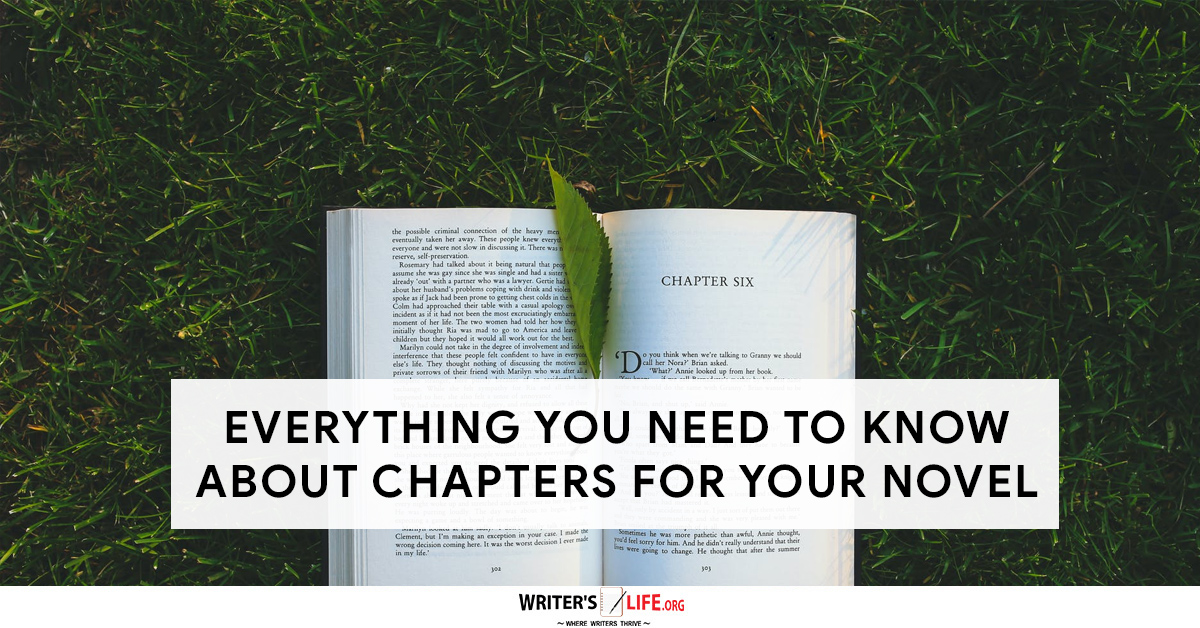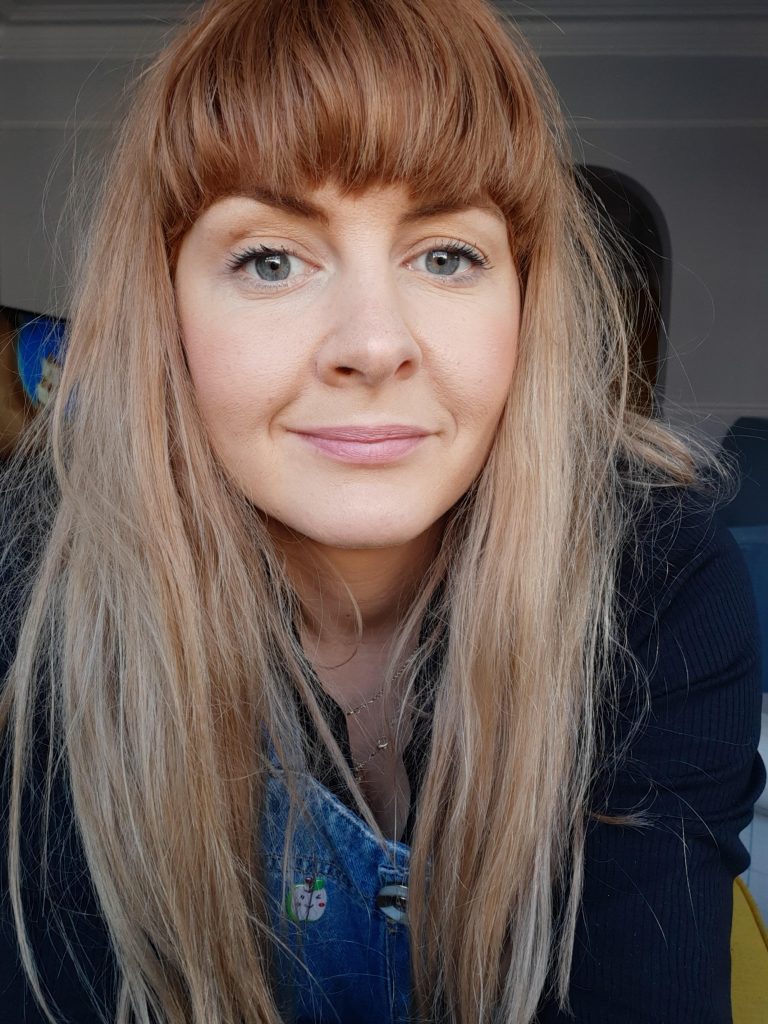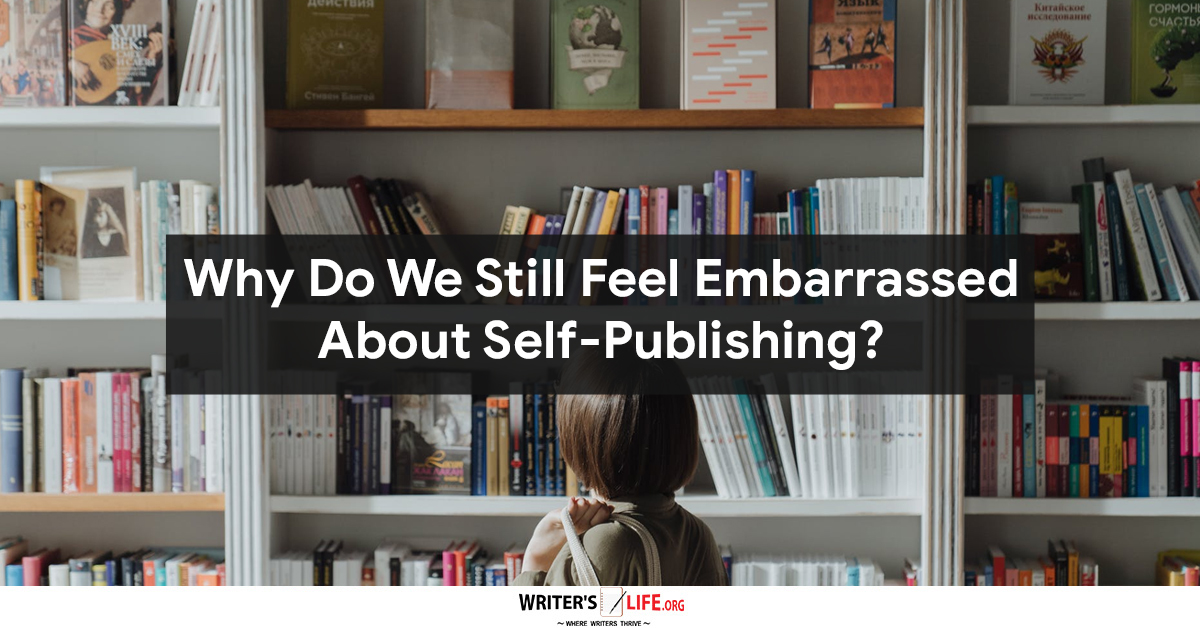- How To Tackle Jealousy In Creative Writing
- Common Submission Mistakes
- How To Stop Your Blog Becoming Boring
- The One Thing Every Successful Writer Has In Common
- How To Make Yourself Aware Of Publishing Scams
- Why Almost ALL Writers Make These Grammar Mistakes At Some Point
- 5 Tips For Authors On How To Deal With Rejection
- Top Mistakes to Avoid When Writing a Novel
- How to Avoid Common New Writer Mistakes
- 10 Mistakes New Fiction Writers Make
What Does Chapters Mean? Let’s Discuss!

Asking 'what does chapters mean?' may seem silly. But do you really understand the purpose of chapters and how to use them to help make your story more readable?
What does chapters mean? Let's break it down.
If you are writing a novel, you will likely use chapters to divide different parts of the story. A chapter helps to separate sections of the story into more easily digestible parts and can be used as a decision to change perspective, setting, or even a time period.
Understanding where to make a chapter break in your novel is very important. Each chapter needs to be a story within the story and have a beginning, a middle, and an end. Your chapters should start in an engaging way and end on a little cliffhanger to ensure that the reader wants to keep on reading.
How long should a chapter be?
Chapters can be really long or very short and you can have a mixture of both long and short chapters in your novel. However, be aware that if you keep changing between very long and very short chapters this could be quite confusing for the reader. Very short chapters could be risky as they will create more of a stop/start effect and could make it difficult for the reader to immerse themselves in the story. Very long chapters may also feel intimidating and overwhelming for the reader and could mean they lose interest.
Chapters don’t need to be uniform in length however and actually adding one particularly long or short chapter can be a clever storytelling device that might add wit and humor or a sense of foreboding and detail that adds to the weight of your story. However, try to ensure that you keep the formatting of your chapters consistent otherwise you run the risk of disorienting your reader.
When you set out to write a novel, there is lots to think about from character development to world-building deciding on the point of view. You can become so immersed in the creation of your story that you can forget that structuring and technical elements are just as important.
What makes a good chapter?
A chapter is an opportunity for your reader to have some respite. A natural break where they can pause and absorb what they’ve read. Chapters are like milestones that bring the reader closer to discovering the ending and hopefully the resolution of the story. After finishing a chapter the reader should feel satisfied but also motivated to read more. Most readers aren't going to consume your entire novel in one sitting. So chapters are helpful as they are like rest stops for your reader to take a break and get on with other things they have to do in their lives before coming back to your book. Of course, they aren’t mandatory, and some authors purposefully chose not to use them. However, the majority find chapters helpful both when reading and writing a book.
Creating your chapters
When planning your novel, creating chapter outlines can be a massively helpful way of understandings your story and making sure there is enough of a story there to get started. However, you don’t need to be inflexible with your book structure and you may find that they change, additional ones come up, and that some are eliminated completely before your book is ready for publishing.
Book chapter titles
Some authors like to simply number theirs, while others name them. Naming chapters can be a helpful way of hinting at the action to come. They also provide reference points for the readers and help to define each section of your story. Good chapter titles can be creative, however, don’t force yourself to do this if it doesn’t feel natural to you.
Chapter structures
Each chapter should start with action to draw the reader in. Every chapter should start with some sort of activity and should be structured with a beginning, middle, and end. Try to keep each section focused and make sure each one works hard to drive the story forwards. Deciding when to end your chapter can be difficult. You can choose to do so on a cliffhanger or simply when there is a natural pause in the action and you feel like it would be a good time to give your reader a break.
Chapters are generally useful devices and that’s why most books have them. So when you are planning your book, use them to help guide you and keep your reader in mind to create chapters that are as exciting and inspiring as possible.
While we might have thought we could easily answer the question, what does chapters mean? Hopefully the above will help you understand that there are many aspects we should consider.
Now you've learned all about chapters, why not focus on how to end your chapters well?
Get A Free Writer's Toolkit By Visiting https://writerslife.org/gid




























